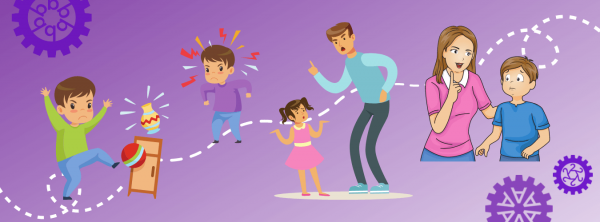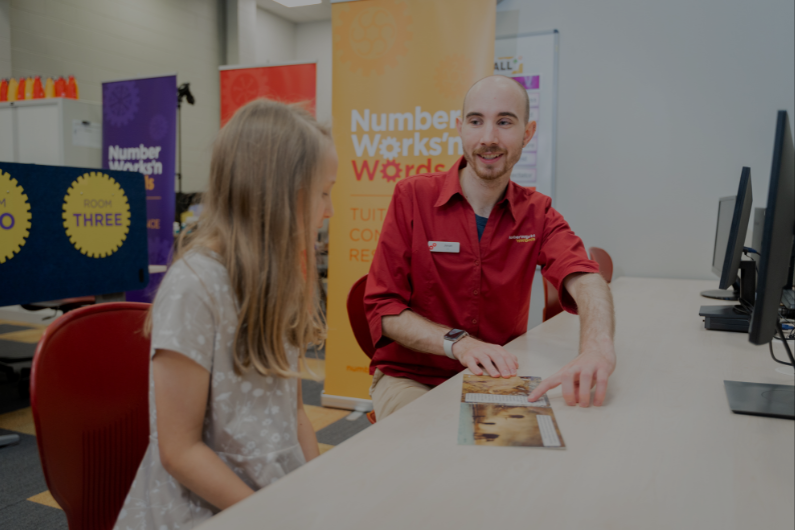Habit building for children

Children are influenced by their surroundings and the people in their lives. As parents, we have the responsibility of teaching our children good habits and helping them to develop a healthy lifestyle. We know that habits can be hard to break, so addressing unhelpful habits and replacing them with positive habits that support our goals will set children up for success throughout life. Teaching and modelling healthy habits play a vital part in children’s growth and development. This blog outlines the importance of building habits for children and the benefits that positive habits bring.
1. Consistency and routine
Forming a habit requires following a routine at first. As children grow up, it is important that they develop and stick to consistent routines. Building habits at a young age will enable them to practice the process of completing daily activities and tasks, and turn this into a routine. This is also known as habit stacking. Habit stacks triggers a series of behaviours that eventually becomes natural over time. For instance, encouraging your child to complete their homework straight after school each day at the same time will create a consistent and memorable routine, and empowers them - learn more about helping children stay on track with their learning in this blog. Habits are ingrained and become second nature over time if they are approached with consistency and repetition. Providing rewards afterwards, such as play time or a favourite snack are great positive reinforcements that motivate children to repeat behaviours.

2. Habits help us develop a healthy lifestyle
Habits are key to a healthy lifestyle and shape who we are. Our daily habits (good or bad) are often a reflection of our lifestyle and our priorities in life. Good habits help us to maintain lifestyle goals, such as exercising regularly and keeping fit and active. Read more about the benefit of goal setting for children in this blog. As parents, we know that many things we do and eat have an impact on our health and quality of life, now and in the future. Forming habits of making positive life choices from a young age will help children develop a robust lifestyle as they mature. For example, important habits to instill in your child could be maintaining good hygiene by ensuring that they brush their teeth regularly, preparing for school each night before bed, and practising musical instruments or sports. Take advantage of your child’s formative years by educating them about important habits they should develop, so that they continue them as they grow up.

3. Address and break bad habits
Habits are actions and behaviours that we perform subconsciously, and once they are set, they can be extremely difficult to break. Many experts suggest that children develop habits by the age of 9. It is a popular belief that forming a habit can take 21 days, and breaking a habit can take anywhere from 18 to 254 days. When it comes to habit building, not only does it enable us to help our children develop good habits but it also addresses and breaks the bad. For example, you may notice that your child has a bad habit of procrastinating while doing homework or playing video games straight after school. Addressing this and creating a routine where your child has to complete their homework before play time is a great way to instill good study habits. Positive reinforcements such as breaks or rewards are effective motivating factors that support habit building. Make it easy for your child to form healthy habits and break the bad ones and learn more about how to keep children motivated by reading more here.

Habits are essential to our daily lives and are important in building strong foundations for success. They make or break our chances of achieving our goals, and promote a healthy lifestyle and good behaviour. At NumberWorks'nWords, our expert tutors help young learners achieve their academic goals through the development of good learning habits and modelling positive behaviour in a nurturing environment that celebrates success. Get in touch to learn more about our maths and English tutoring, or contact your local centre and book a free assessment!



